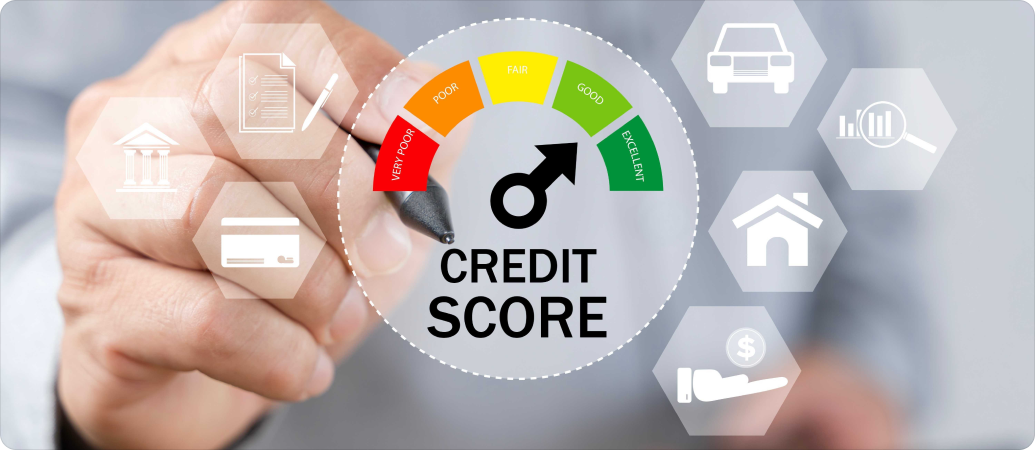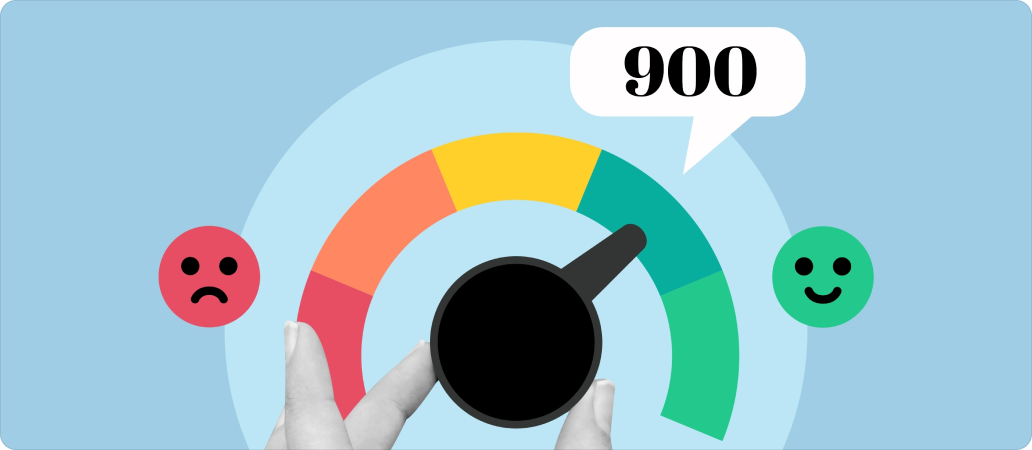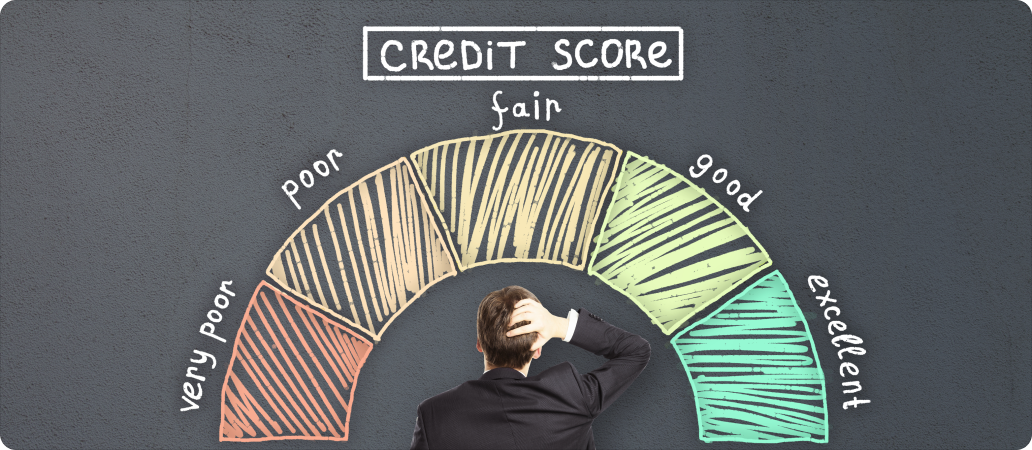Does Being a Loan Guarantor Affect Your CIBIL Score?
A close friend or family member approaches you, needing your support to secure a loan. You trust them, so you agree to help by becoming their loan guarantor, confident that you’re doing them a solid favour. But have you ever stopped to wonder how this decision might affect you financially? More specifically, could it impact something as important as your credit score?
Let’s explore the question and discover what it truly means to be a loan guarantor. Before you commit, it’s worth understanding the potential risks and responsibilities that come with this role.
Who is a loan guarantor?
A loan guarantor is an individual who agrees to take responsibility for repaying a borrower’s debt if the borrower defaults. This arrangement provides lenders with additional security. This is helpful when the borrower has limited credit history or insufficient income.
Role of a loan guarantor
By serving as a guarantor, you assure the lender that the loan will be repaid, even if the borrower fails to meet their obligations. This commitment is legally binding under Section 128 of the Indian Contract Act. It makes you liable for the debt, including interest and penalties, in case of default.
Factors that get affected when you become a loan guarantor
When you become a loan guarantor, it’s essential to recognise that your financial profile will alter. Here’s a breakdown of each factor that gets impacted:
Impact on CIBIL score
Direct effect on credit report: The loan you guarantee appears on your CIBIL report, as lenders view it as part of your financial liabilities. This can influence your CIBIL score, even if you’re not the one directly using the funds.
Risk of score decline on defaults: If the primary borrower misses payments or defaults, it’s reflected as a negative mark on your report. Each missed payment can decrease your score, as CIBIL calculates scores based on payment history.
Risk profile adjustment: Lenders may interpret your guarantor status as an increased risk factor. This may indirectly influence your CIBIL score through future credit evaluations.
Loan eligibility
Decreased loan eligibility: Being a guarantor affects your ability to secure future loans. Since lenders consider a guaranteed loan as a financial obligation, it reduces your loan eligibility. They treat it as part of your existing credit, which may reduce the amount you’re eligible to borrow.
Impact on approval process: If you apply for a loan, lenders may factor in your role as a guarantor when calculating risk. In some cases, lenders may request additional documentation, delay processing or even decline applications depending on the status of the guaranteed loan.
Increased scrutiny: If the borrower defaults, your credit report reflects this liability. This can lead lenders to scrutinise your profile more closely, particularly if you apply for significant loans like mortgages or high-limit credit lines.
Debt burden
Higher debt-to-income ratio: The loan you guarantee is counted as a part of your debt. Even if you’re not making payments on it, the lender considers it when calculating your debt-to-income ratio. If the borrower defaults, you may need to take on the repayment yourself, further increasing your debt burden.
Risk of financial strain: In case of a default, you are legally required to make payments. This could place a significant financial strain on your income and cash flow. It could impact your ability to meet other financial obligations or save.
Legal consequences: In extreme cases where a guarantor cannot pay after a borrower defaults, the lender may pursue legal action. This can add both financial and emotional stress, especially if the debt amount is substantial.
Credit utilization ratio
Increase in credit utilisation: Although the guaranteed loan doesn’t appear as revolving credit (like a credit card), its presence still influences your credit utilisation. A high score negatively affects your CIBIL, as it suggests a reliance on borrowed funds.
Potential for credit limit reductions: Lenders consider guaranteed loans when determining your creditworthiness. This might lead to adjustments in your available credit limit on other lines, as they try to minimise risk based on your total obligations.
Effect on credit profile: High utilisation rates (even indirectly through guarantees) might make you appear over-leveraged to lenders. It affects your attractiveness as a borrower and influencing future credit decisions.
Conclusion
Agreeing to be a loan guarantor is a commitment that can have long-lasting implications on your financial flexibility. While the decision often comes from a place of trust and goodwill, it’s essential to evaluate your own financial situation and think long-term before committing.
Understand the borrower’s financial stability, know your legal responsibilities and stay proactive in monitoring the loan. Taking these critical steps will protect your own financial health. Being a guarantor can be a generous act, but taking these precautions ensures it won’t come at the cost of your own financial goals and peace of mind.



